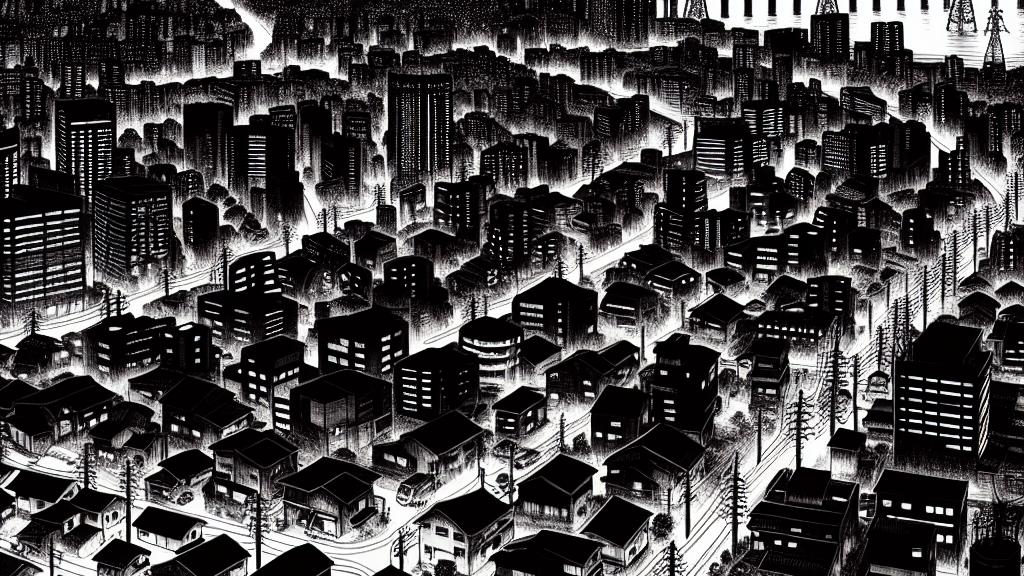Blackout Chaos: Over 240,000 Homes Darkened in Osaka's Electrifying Wake!
Overview
- A massive blackout in Osaka affected over 240,000 homes, disrupting daily life and essential services.
- Transportation faced severe challenges, with widespread train delays and malfunctioning traffic signals.
- Residents shared personal stories of inconvenience, emphasizing the need for reliable power infrastructure.

Understanding the Power Outage in Osaka
On August 15, 2024, Osaka, Japan, experienced a massive power outage that left over 240,000 homes in the dark, impacting daily life significantly. The blackout commenced just after 4 AM, with the Kansai Electric Power Company confirming that numerous neighborhoods, especially in Osaka City and Moriguchi City, were affected. By 8:30 AM, reports indicated that around 8,800 residences still had no electricity, particularly concentrated in districts such as Joto and Miyakojima. This incident raised alarm among local authorities, sparking an immediate investigation into the causes of such a widespread disruption aimed at preventing similar future occurrences.
Impact on Transportation and Public Safety
The power outage severely disrupted transportation systems across Osaka. Train services, including the Keihan Main Line and JR West, faced extensive delays and cancellations, leaving many commuters stranded. Traffic lights throughout the city ceased functioning, leading to confusion and bottlenecks on the roads. Police were deployed to manually direct traffic at critical intersections, highlighting the role of law enforcement in maintaining order during emergencies. This situation underscores the reliance of urban infrastructure on electricity, showcasing how power failures can lead to chaos and potentially dangerous conditions for commuters.
Resident Experiences Amid the Chaos
Personal accounts from Osaka residents illustrated the profound effects of the blackout on everyday life. One resident from the Miyakojima district described the discomfort of waking up in sweltering heat due to his non-functional air conditioning, a critical component for comfort during Japan's hot summer months. Another individual, a convenience store employee, recounted the frightening moment when darkness engulfed the store, raising concerns about perishable goods such as frozen items. These narratives not only capture the immediate panic and disruption caused by the power outage but also emphasize the broader implications for community stability and quality of life, reinforcing the critical need for a dependable power grid in urban environments.

Loading...